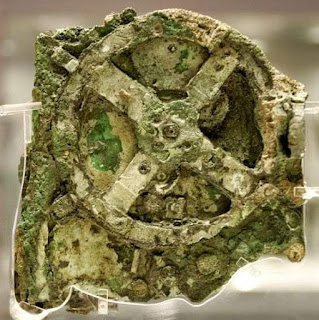The Olympic torch spent the night on the Acropolis
Yesterday, retired Greek 400-meter hurdles champion, Periklis Iakovakis, lit the Olympic flame in front of the ancient Parthenon temple at the Acropolis, a week before it is to be handed over to Paris 2024 organizers.
The flame, after spending last night on the Acropolis, set off this morning for Delphi, home of the famous Greek Oracle, before continuing its journey to the city of Volos in central Greece.
The Olympic flame, after being carried across Greece by around 500 torchbearers, on a 2,000 kilometre odyssey before reaching the Panathenaic Stadium in Athens, site of the first modern Olympics in 1896, will be presented to French officials on Friday the 26th April, at the handover ceromony where the 89 year old famous Greek singer, Nana Mouskouri, will sing the French and Greek anthems.
Following the ceremony, after spending the night at the French Embassy in Athens, the flame will board the Belem, a French three-masted sailing ship built in 1896 and be transported to France from the port of Piraeus in Athens, on 27th of April and sail to France.
The flame will reach the French port of Marseille on May 8 and travel through France ahead of the opening ceremony in Paris on July 26.
The flame, which will remain lit for the entire duration of the Games, symbolises purity and represents the values of the Olympics between nations.
The first Olympic torch relay took place in 1936 when 3,000 bearers carried it from Olympia to Berlin.































